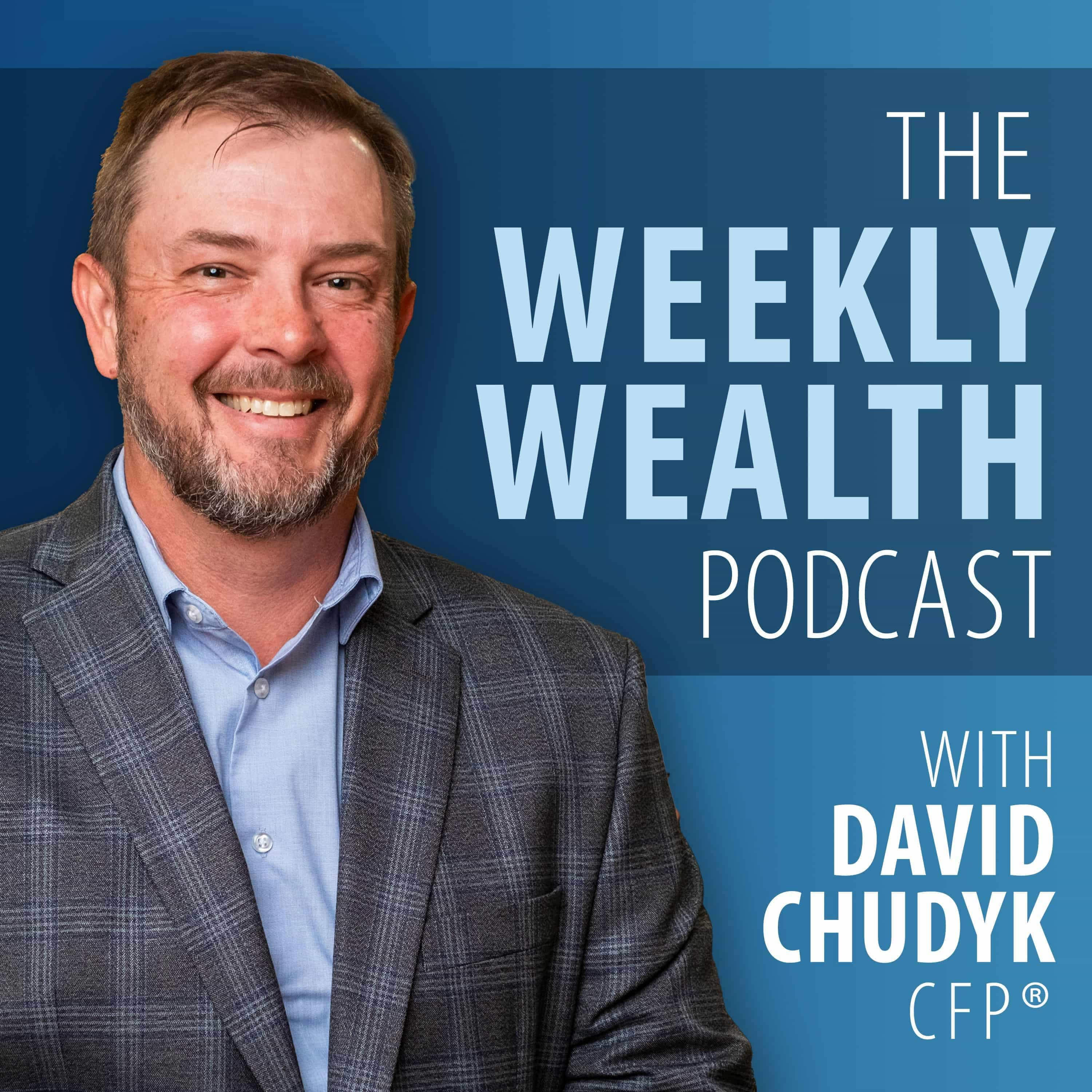Feb. 2, 2024
Ep 155: Finance Through the Ages: Understanding Each Generation's Money Matters

The Silent Generation (Born 1928-1945)
Concerns and Challenges:
- Healthcare Costs: Rising medical expenses and long-term care costs.
- Income Security: Limited earning potential due to retirement.
- Inflation: Impact on fixed incomes, especially with pensions and savings.
- Estate Planning: Managing wills, trusts, and legacy concerns.
Advantages:
- Homeownership: Many own their homes outright.
- Savings: Tend to have savings and investments from a lifetime of work.
- Social Security Benefits: More robust and reliable for this generation.
- Traditional Values: Strong saving habits and aversion to debt.
Baby Boomers (Born 1946-1964)
Concerns and Challenges:
- Retirement Readiness: Many are underprepared for retirement.
- Healthcare and Longevity: Managing healthcare costs with increased life expectancy.
- Supporting Adult Children: Financial strain from helping adult children.
- Market Volatility: Impact on retirement savings and investments.
Advantages:
- Home Equity: Significant equity in real estate.
- Retirement Accounts: Benefited from employer-sponsored retirement plans.
- Wealth Accumulation: Generally, this generation has accumulated wealth.
- Work Experience: Valuable professional experience and networks.
Generation X (Born 1965-1980)
Concerns and Challenges:
- Sandwich Generation Stress: Balancing support for aging parents and own children.
- Retirement Savings Shortfall: Less time to save for retirement compared to Boomers.
- Job Market Instability: Affected by economic downturns and restructuring.
- Housing Market Fluctuations: Impacted by highs and lows in real estate.
Advantages:
- Peak Earning Years: Generally in a high-earning phase of their careers.
- Technological Adaptability: Comfortable with digital and traditional platforms.
- Diverse Investment Opportunities: Access to a variety of investment tools.
- Homeownership: Majority are homeowners, building equity.
Millennials (Born 1981-1996)
Concerns and Challenges:
- Student Loan Debt: Burdened with high levels of educational debt.
- Housing Affordability: Challenges in affording and buying homes.
- Job Market and Career Growth: Navigating a changing job landscape.
- Retirement Planning Uncertainty: Concerns about the future of social security and pensions.
Advantages:
- Tech-Savvy: Proficient with technology and digital finance tools.
- Higher Education: Tend to be the most educated generation.
- Adaptable: Flexible and adaptable to changing job markets.
- Social and Environmental Consciousness: Value-driven investing.
Generation Z (Born 1997-2012)
Concerns and Challenges:
- Economic Uncertainty: Entering workforce in a volatile economy.
- Education Costs: Concerns about affording higher education without accruing massive debt.
- Job Market Readiness: Preparing for jobs in a highly digital and competitive market.
- Global Issues: Concerned about how global challenges (like climate change) will impact their future.
Advantages:
- Digital Natives: Extremely comfortable with digital and emerging technologies.
- Early Financial Awareness: More aware of financial planning and investing at a younger age.
- Entrepreneurial Spirit: More likely to start businesses or engage in side hustles.
- Socially Responsible Investing: Keen interest in sustainable and ethical investments.
Email david@parallelfinancial.com with any questions.









